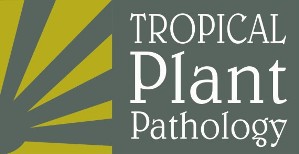Anthracnose caused by Colletotrichum gloeosporioides is one of the most important diseases of passion fruit. This study evaluated the potential of Agaricus blazei and Lentinula edodes at concentrations of 20, 40 and 60% (v/v) and acibenzolar-S-methyl (ASM) at 75 and 150 mg/L, applied alone or in combination, for protecting passion fruit against anthracnose. The fruits were treated (immersion, sprayings or in coverage of cassava starch) and after 36h or 72h were inoculated with the fungus. Disease assessment was done by measuring the necrotic area in the fruits at 4, 8 and 12 dai (days after inoculation) in assays I and II and 3, 6 and 9 dai in assays III, IV and V. At three days after inoculation, the treatment with A. blazei associated with cassava starch 3% showed a significant reduction of necrotic area compared to the control (p = 0.035). The L. edodes and ASM treatments did not reduce the disease in any concentration and/or periods of the evaluations. When the compounds were applied in combination and the fruits were not washed before inoculation, there was a significant reduction of necrotic area six days after inoculation (p = 0.03). However, when fruits were treated, washed and inoculated with the fungus there was no reduction of disease in any of the periods evaluated, showing that the mode of action of the compounds used possibly occurs by a protective/residual effect coupled with an inhibitory effect on C. gloeosporioides.
Colletotrichum gloeosporioides; cassava starch; postharvest; protection





